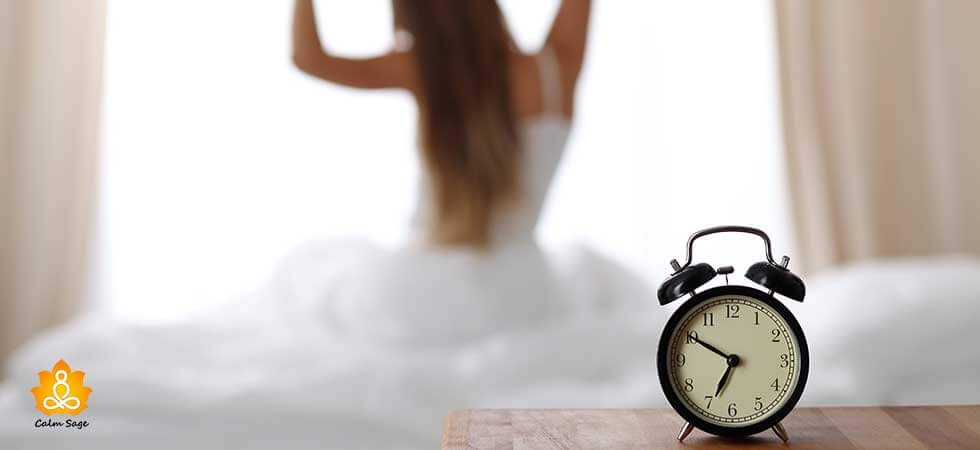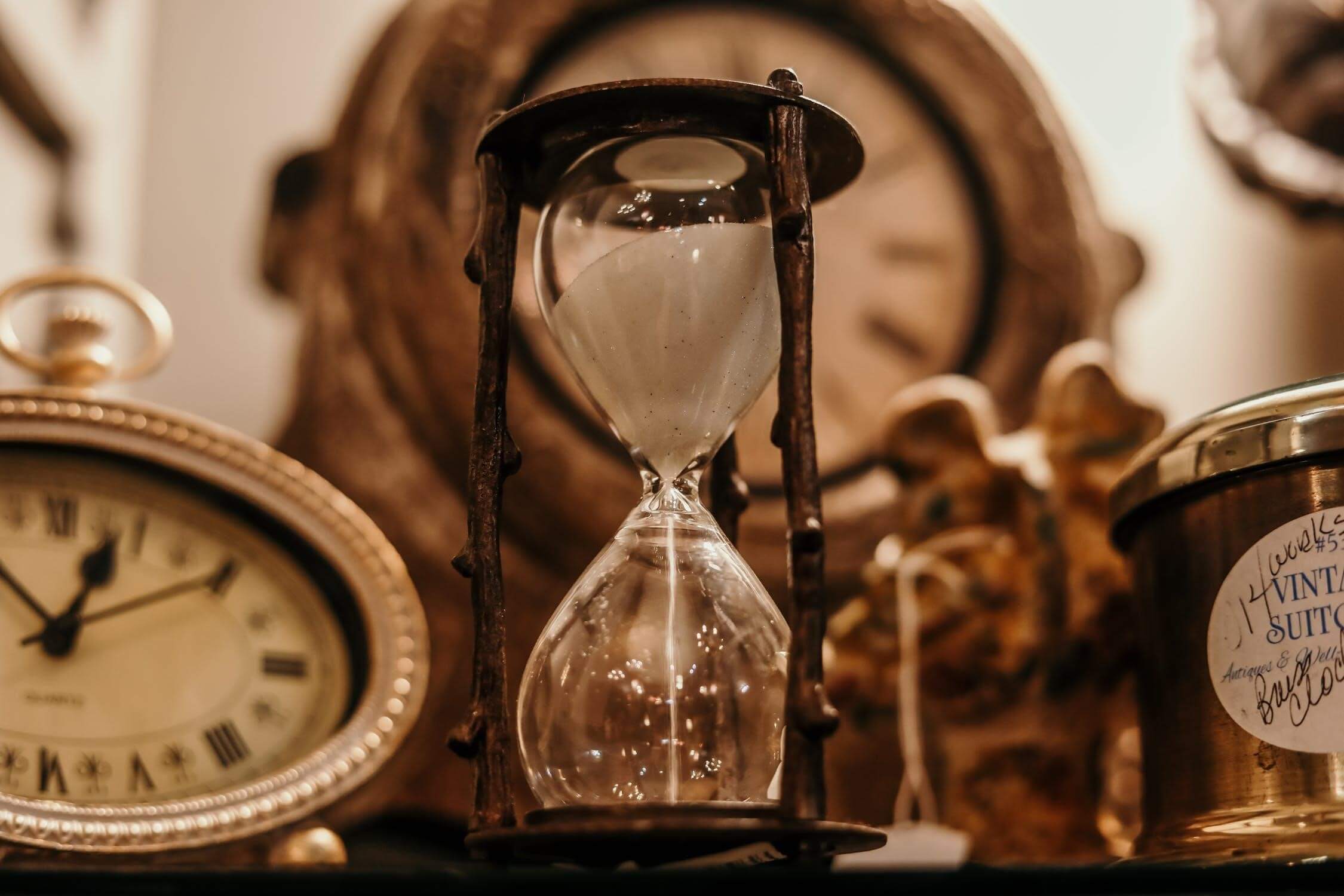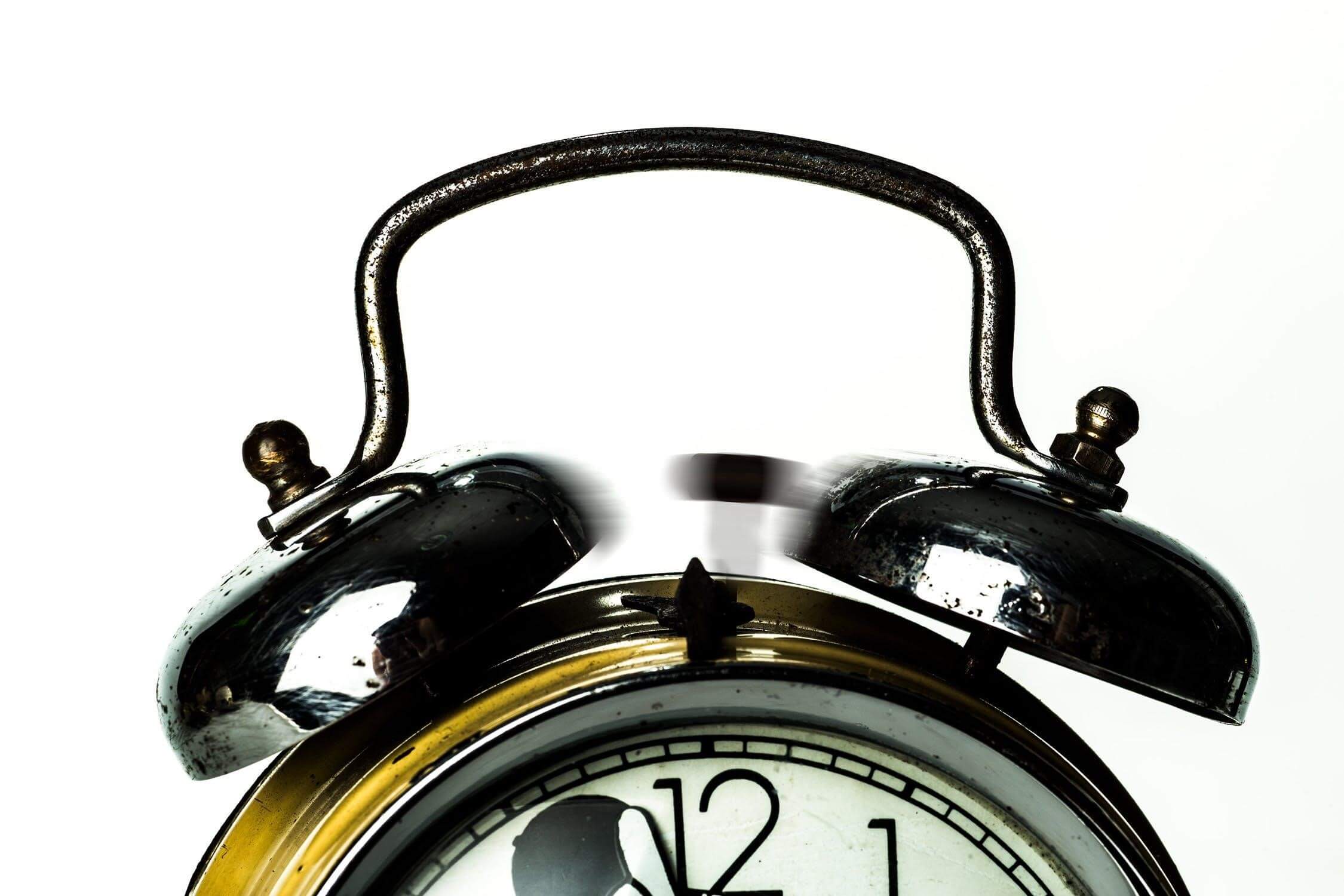Understanding Your Body’s Biological Clock And Its Importance

The body’s biological clock became a hot discussion when a study by American scientists Jeffrey C. Hall, Michael Rosbash and Michael W. Young won a Nobel prize in October of 2017. With that came questions lots and lots of them. What is it? Why is it important? Should people be worried? What does it affect? A lot were answered but a majority of people still seem unaware about it. So today, I am going to share with you some of the points on the Biological clock and its importance. Have a look:
What is the Biological Clock?

You can think of the Biological Clock as a time/schedule system of your own body. It controls your sleep-wake cycle, energy levels, regulates biological functions, etc. Everyone has it. So do you. You didn’t know about it? Don’t worry, now you do. So if it does everything, is there a need to worry, you may ask? Well, yes. Just like any normal clock, this biological clock can also get out of sync and can misbehave and can create issues for an individual, but the great thing is, just like any normal clock, one can fix it too. One’s routine affects this biological clock a lot. There are times when you may feel lively and full of energy at night and more sleepy after waking up. This happens because your biological clock is out of sync and is not able to schedule your bodily functions properly.
What does Biological Clock Affect?

It can affect a lot of factors, some directly and many indirectly. Alertness, hunger, stress levels, functions of heart, mood and mood swings, immunity levels, sleep-wake cycle, walking, reproductive functions, circadian rhythms, diurnal rhythms, ultradian rhythms, etc. So this wide coverage of biological clock also shows the importance it holds for one’s health.
Effects of an out of sync Biological Clock

Since it controls so many functions, an out of sync biological clock can also cause many health issues if not taken care of. Issues like depression, diabetes, insomnia, neurological disorders like Alzheimer’s disease, Parkinson’s disease, Huntington’s disease, etc. Usually routines change, and people are not able to keep up with their schedule. People working in shifts are more prone towards these effects. It is not always easy to change your routine, but every effort would bring at least a tiny change which would be better than nothing.
How to Sync a Biological Clock?

Syncing a biological clock is quite a simple task but at the same time it can also prove to be very difficult. Fast paced lives, busy schedules, societal burden, peer pressure and what not. To maintain a schedule can be quite impossible. But as I said earlier, even the little changes will help.
- You need to understand what your sleep schedule and change accordingly. Toddlers are usually early risers and teens tend to sleep till late. So according to the age and requirements you can schedule it and make it a routine.
- Eating at the same time every day will schedule your digestion to be active at the right time. It will help you control weight and your metabolism.
- Exercising is always a good idea to maintain your body, brain and mind. It not only keeps you healthy but also helps enhance your capabilities. If you are planning to include exercise in your workout then a time late in afternoon would be good. If you are going for some serious workout sessions like strength training, then a time between 3 P.M. to 6 P.M. would be good. The body is oozing with energy in the afternoon. If you are planning for a yoga session, then you will need flexibility and you can choose evening for that. It will reduce the chances of injuries. So you will have to make your schedule and start following it seriously.
- Brain Cognition Functions are more active in the morning. After a good sleep, the brain is relaxed and recharged for the day ahead. So if you are planning to study then early hours of the day would be a good idea.

To effectively re-sync your clock you need to promise a strict routine to yourself. As the saying goes, “habits make a man”. Doing tasks at the same time of the day will surely help. You also need to be patient with yourself. Give it some time and get used to your new schedule. Also try to do most of your tasks when you are filled with energy, so you can achieve the most out of it. Keep working hard and things will fall into place.
I hope it helped. Thanks for reading!
You Might Like These Also:
Best Foods That Help To Reduce Anxiety
Step Into The Light- Acceptance Is The Key
Change Your Mindset And Reduce Anxiety




















